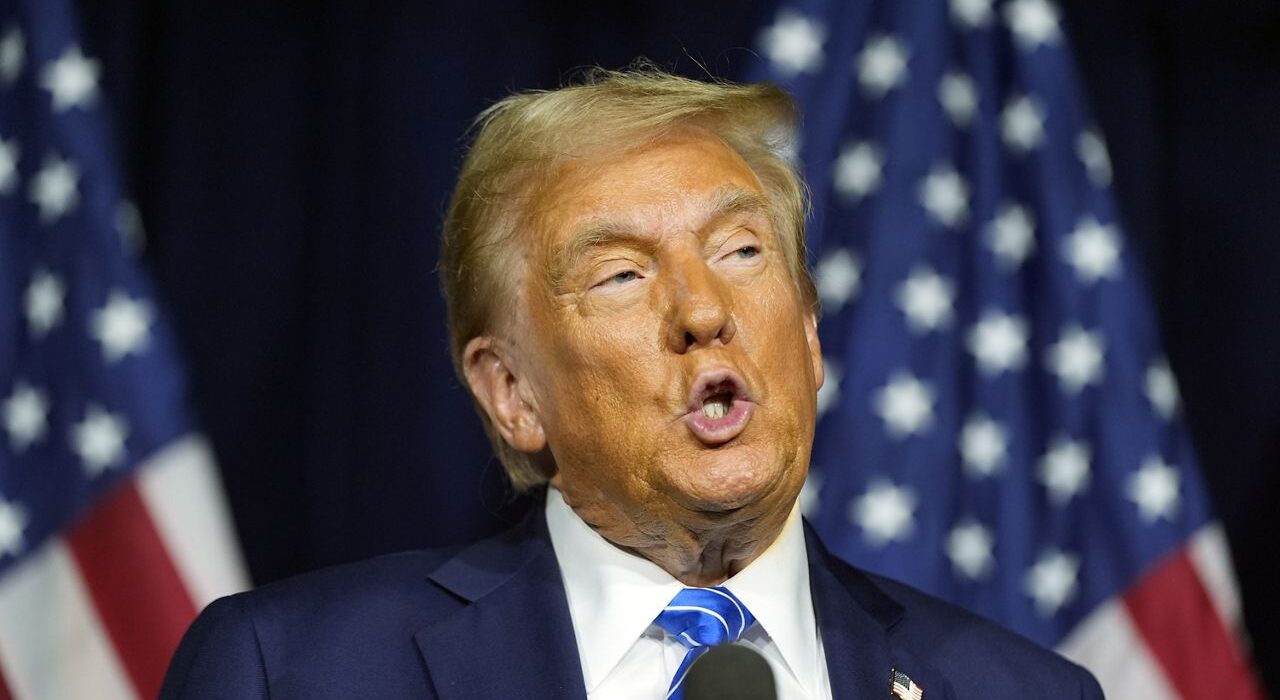For the seasoned journalists at “60 Minutes,” the recent events unfolding felt like a surreal plotline straight out of a television drama. In a surprising turn of events, CBS and its parent company, Paramount, found themselves entangled in an unexpected legal battle with none other than the sitting president, Donald Trump. The $16 million settlement agreement reached between Paramount and Trump sent shockwaves through the media landscape and sparked intense debates about press freedom and journalistic integrity.
Unraveling the Controversy
The crux of the issue revolved around President Trump’s dissatisfaction with how “60 Minutes” had edited an interview featuring his 2024 political rival, Kamala Harris. What started as a mere editorial decision quickly snowballed into a high-stakes legal showdown that pitted one of America’s most revered news programs against the highest office in the land.
A Clash of Principles
For journalists who had dedicated their careers to upholding truth and accountability, the idea of paying millions to settle what they deemed a frivolous lawsuit was nothing short of gut-wrenching. The very essence of their profession—challenging authority and speaking truth to power—seemed compromised in this unprecedented situation.
As discussions swirled within newsrooms and across social media platforms, voices from all corners weighed in on the implications of Paramount’s decision. Legal experts underscored how Trump’s lawsuit stood at odds with fundamental First Amendment rights that safeguard press freedoms in America. The ramifications extended far beyond this singular case; they reverberated across every newsroom grappling with increased scrutiny and political pressure.
The Fallout
In response to Paramount’s settlement, waves of disappointment rippled through journalistic circles. Seth Stern from Freedom of the Press Foundation lamented it as “a dark day for press freedom,” condemning what he saw as a capitulation that could embolden further attacks on media independence. Democratic senators Elizabeth Warren and Ron Wyden went even further, labeling the settlement as tantamount to bribery—a move that demanded further investigation into potential legal repercussions.
While critics decried Paramount’s choice as bending to political pressures, Shari Redstone—the company’s leader—took a different view entirely. With paramount business deals on the line and complex negotiations underway for selling off parts of Paramount to Hollywood entities like Skydance, she found herself navigating treacherous waters where corporate interests collided head-on with journalistic principles.
The episode served as a stark reminder that journalism is not just about reporting facts but also about navigating intricate webs of power dynamics and conflicting interests. As “60 Minutes” grappled with this humbling moment under intense public scrutiny, it raised profound questions about where the lines blur between protecting press freedom and succumbing to external pressures.
In an era marked by heightened political polarization and escalating challenges to journalistic independence, every decision made by media organizations carries weighty consequences for society at large—a reminder that journalism is not merely an industry but a cornerstone of democracy itself.

